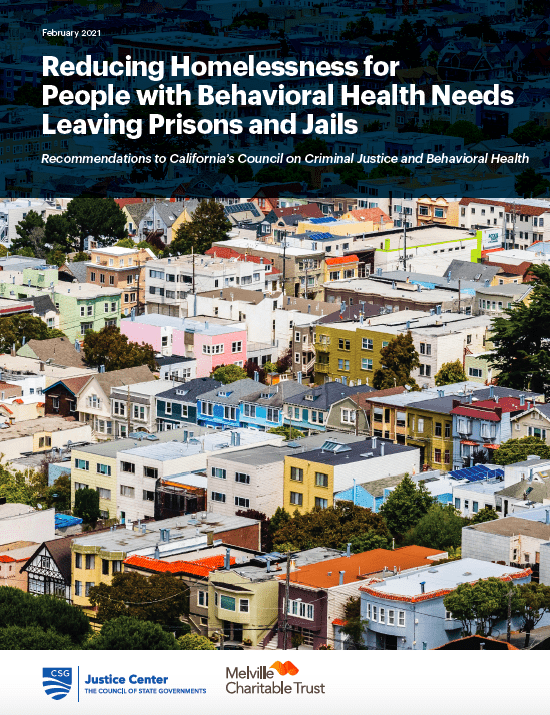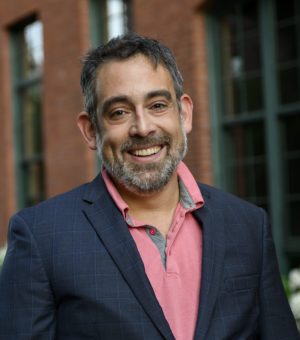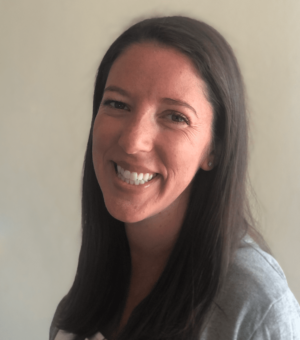Project Credits
Writing: Charles Francis, Thomas Coyne, Katie Herman, CSG Justice Center
Research: Katie Herman, Thomas Coyne, Charles Francis, CSG Justice Center
Advising: Hallie Fader-Towe, Ayesha Delany-Brumsey, CSG Justice Center
Editing: Darby Baham, Emily Morgan, Katy Albis, CSG Justice Center
Design: Michael Bierman
ABOUT THE AUTHORS
Former Deputy Program Director, Behavioral Health
Charles
Francis
oversaw
work
at
the
intersection
of
housing,
criminal
justice,
and
behavioral
health.
He
focused
on
strategies
for
state
and
local
partners
to
increase
access
to
and
availability
of
housing
to
reduce
justice
system
involvement
and
facilitate
successful
reentry,
...
as
well
as
effective
law
enforcement
and
community
responses
to
homelessness.
Previously,
Charley
was
assistant
director
of
Leased
Housing
at
Rhode
Island
Housing
and
director
of
Policy
for
the
Massachusetts
Department
of
Housing
and
Community
Development.
At
the
U.S.
Department
of
Housing
and
Urban
Development,
he
played
a
lead
role
in
implementing
the
Rental
Assistance
Demonstration
program.
Charley
holds
an
MPP
from
the
Heller
School
for
Social
Policy
at
Brandeis
University
and
a
BA
from
Hamilton
College.
Read More
Project Manager, Behavioral Health
Thomas
Coyne
provides
technical
assistance
to
jurisdictions
addressing
the
housing
needs
of
people
with
mental
illnesses
who
are
involved
with
the
criminal
justice
system.
Prior
to
joining
the
CSG
Justice
Center,
he
worked
on
health
and
housing
policy
with
the
...
Health
&
Housing
Integration
team
at
the
Center
on
Budget
and
Policy
Priorities.
He
brings
field
experience
from
social
work,
having
worked
extensively
with
people
who
have
serious
mental
illnesses
in
Washington,
DC,
as
well
as
with
families
reuniting
with
their
children
from
foster
care
in
Michigan.
Thomas
earned
his
BS
in
criminal
justice
and
BA
in
sociology
from
Madonna
University
and
his
MPP
from
the
Trachtenberg
School
of
Public
Policy
and
Public
Administration
at
the
George
Washington
University.
Read More
Former Senior Policy Analyst, Behavioral Health
Katie
Herman
plays
a
key
role
in
the
Stepping
Up
initiative,
mental
health
diversion,
and
other
work
at
the
intersection
of
justice,
behavioral
health,
and
homelessness.
Prior
to
joining
the
CSG
Justice
Center,
she
worked
at
the
Center
for
Alternative
...
Sentencing
and
Employment
Services
(CASES)
in
New
York
City
for
eight
years.
She
was
initially
the
court
liaison
social
worker
for
the
CASES
Nathaniel
ACT
Team,
the
city's
first
felony
alternative
to
incarceration
program
for
adults
with
serious
mental
illnesses.
She
then
supervised
their
Criminal
and
Supreme
Court
Team.
Katie
received
a
BA
in
English
from
the
University
of
San
Diego
and
an
MSW
from
the
Columbia
University
School
of
Social
Work.
Read More
You might also be interested in















